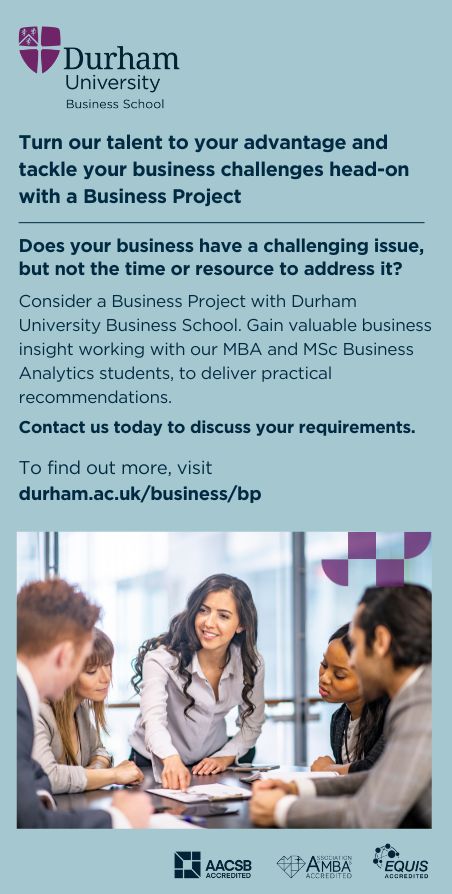By Geoffrey Stanford, Headmaster of Newcastle Royal Grammar School.
Many would argue there is too much choice in the modern world, often making substantial life decisions, even everyday choices, incredibly difficult. Selecting which subjects to study is no exception and increasingly challenging with the evergrowing career opportunities for Generation Z.
At the Royal Grammar School Newcastle, we are fortunate to be able to offer a wide range of subjects and consciously provide various forms of support to help each individual student’s decision process.
At GCSE, we consider a thorough grounding in English (both language and literature), Maths, and Science, plus a good knowledge of at least one Modern Language, to be an essential part of the education we offer. These compulsory subjects ensure students continue to develop the core skills they will be expected to have at university and in the world of work.
All additional subjects are academic in their content and suitable to support further study at A-Level or beyond. RGS provides multiple levels of guidance during the arduous task of selecting which to specialise in. Students receive bespoke careers advice and specific department curriculum insight. We also encourage conversations with anyone relevant to the area of study, including speaking to students in the years above, while remembering everybody will have their own unique experience. Meanwhile, various staff members provide pastoral support during this (at times) stressful period and parents are kept abreast with information to help them assist their child’s research and reasoning. However, the final decision has to be the child’s – some years ago, I recall speaking to a boy who had just failed a History exam and he admitted that he had only taken the subject at the insistence of his parents! Similarly, it is usually best not to choose subjects just because of a particular teacher or because friends may be taking them.
Probably the best advice for your child is to pursue subjects they enjoy. That will make it much easier to put in the effort to do well. Strong exam results are used by universities and employers as helpful predictors for measuring an applicant’s potential, so it is important students choose things they are likely to be good at. Most pupils will have more obvious strengths, so pursuing their personal aptitude can be an instinctive indicator. However, there are other factors to bear in mind. Working backwards from a particular career path or university degree can sometimes be a useful exercise to explore which subjects link to certain industries and skills needed. That said, entirely reasonably, many young people do not know what they want to do with their life and most will change jobs several times in their career. Unless a student has a definitive future mapped out, it can be wise to keep options open and consider the balance between subject choices, whether they contrast or complement each other. Ahead of Sixth Form, students are led through various activities to identify possible future intentions and are invited to a series of talks which may spark new perspectives.
A good thing to keep in mind throughout is not to worry about knowing what exactly lies ahead, rather trying to invest one’s energy into keeping an open mindset and being willing to take opportunities as they come along. One final thing to note, if your child realises they have made the wrong choice: it is OK for them to change their mind, as I did when I recognised that Maths A-Level was not for me and switched to English after the first six weeks. I had to work hard to catch up but, in my case, it was definitely the right thing to do.
www.rgs.newcastle.sch.uk

